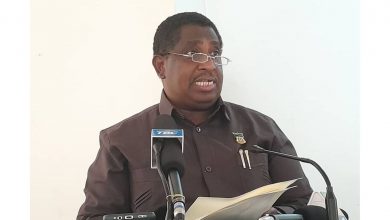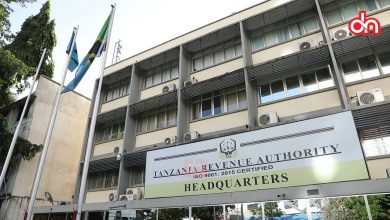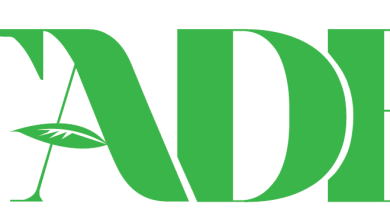African women leaders urged to ‘build bridges’
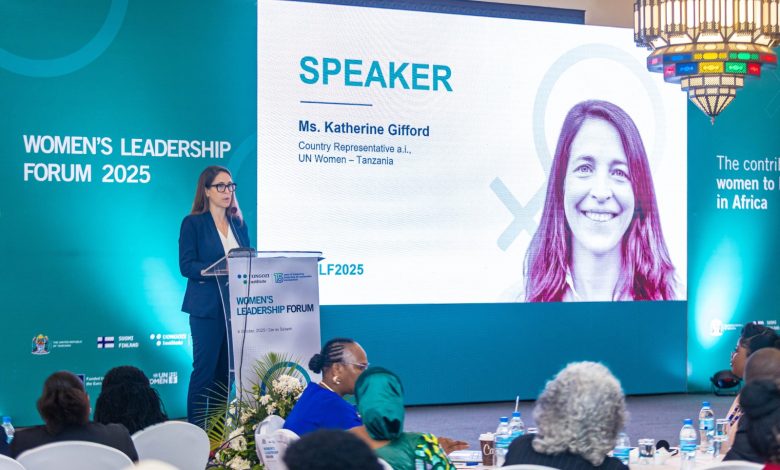
DAR ES SALAAM: UONGOZI Institute held its fifth annual Women’s Leadership Forum (WLF) in Dar es Salaam on Monday, issuing a powerful mandate for African women to move beyond simply breaking barriers and instead focus on “building bridges” and “intentional networking” to drive the continent’s development.
Held under the theme “The Contribution of Women to Leadership in Africa,” the event formed part of the Institute’s six-month Women’s Leadership Programme (WLP)—a flagship initiative designed to empower women for senior leadership roles across Africa.
The forum brought together leaders from government, business, academia, and civil society worldwide, including 100 women selected to join Cohorts 7 and 8 of the prestigious executive training programme.
The Permanent Secretary of the Ministry of Community Development, Gender, Women, and Special Groups, Dr. John Jingu, described the forum as a “vital ecosystem” for the enactment and celebration of leadership.
He urged participants to redefine modern leadership beyond the familiar metaphor of “shattering the glass ceiling” towards one centred on “building bridges.”
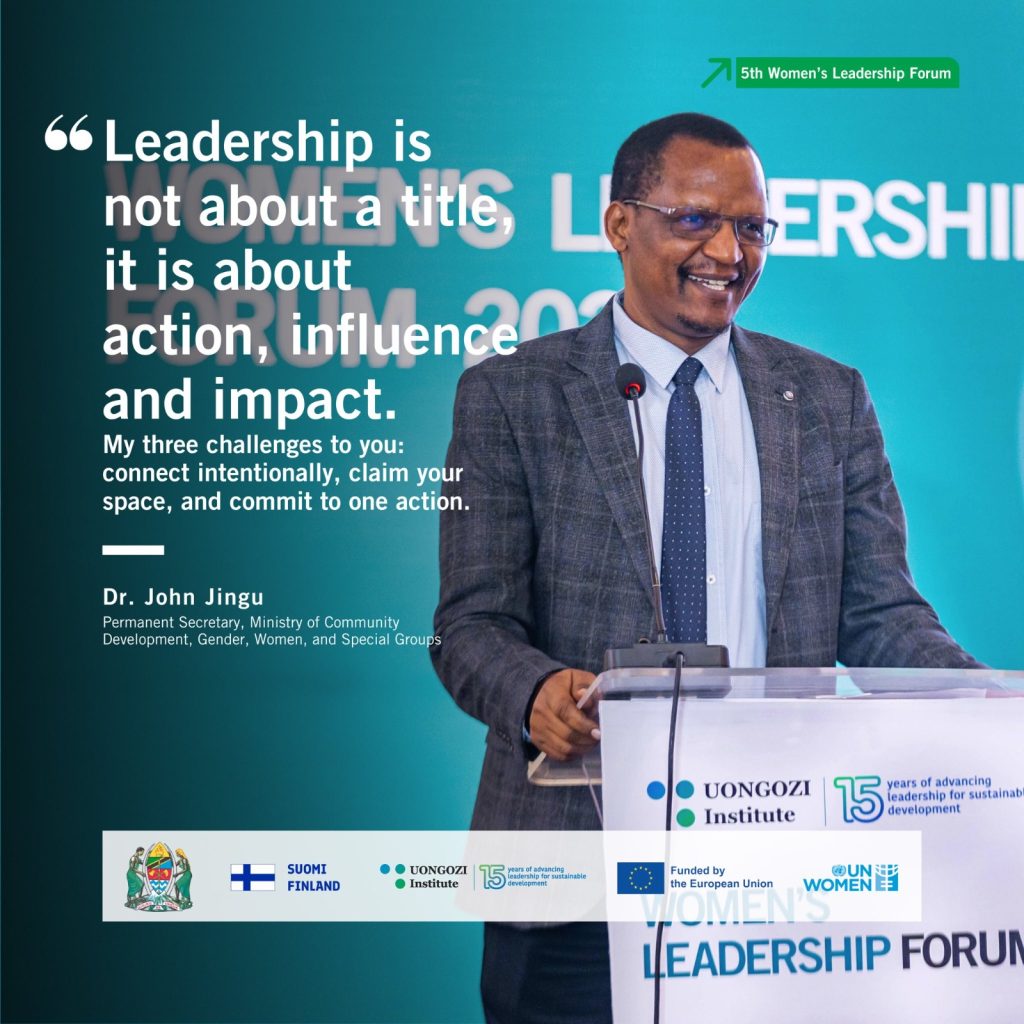
“It is about building bridges,” Dr Jingu asserted. “Bridges of mentorship, where we not only climb the ladder but also extend it down for others; and bridges of collaboration, where we strengthen our collective ability to address community and societal challenges.”
Dr Jingu encouraged participants to connect intentionally, build strong professional networks, play to their strengths by speaking with conviction, and commit to one specific action—one barrier to break or one bridge to build—upon leaving the forum.
UONGOZI Institute Chief Executive Officer, Kadari Singo, noted that the WLF had grown increasingly popular, as reflected in the overwhelming response to the fully-funded Women’s Leadership Programme, which equips women with the skills and confidence needed to thrive in complex decision-making environments.
He said the six-month executive course—combining training, coaching, and mentoring—has successfully empowered women to shape governance and policy implementation across Africa.
“This year, the programme received an unprecedented 2,009 applications, a sharp rise from previous years,” Mr Singo revealed, noting that only 100 successful candidates from 16 countries were selected.
He linked this growing demand to the slow pace of global gender parity.
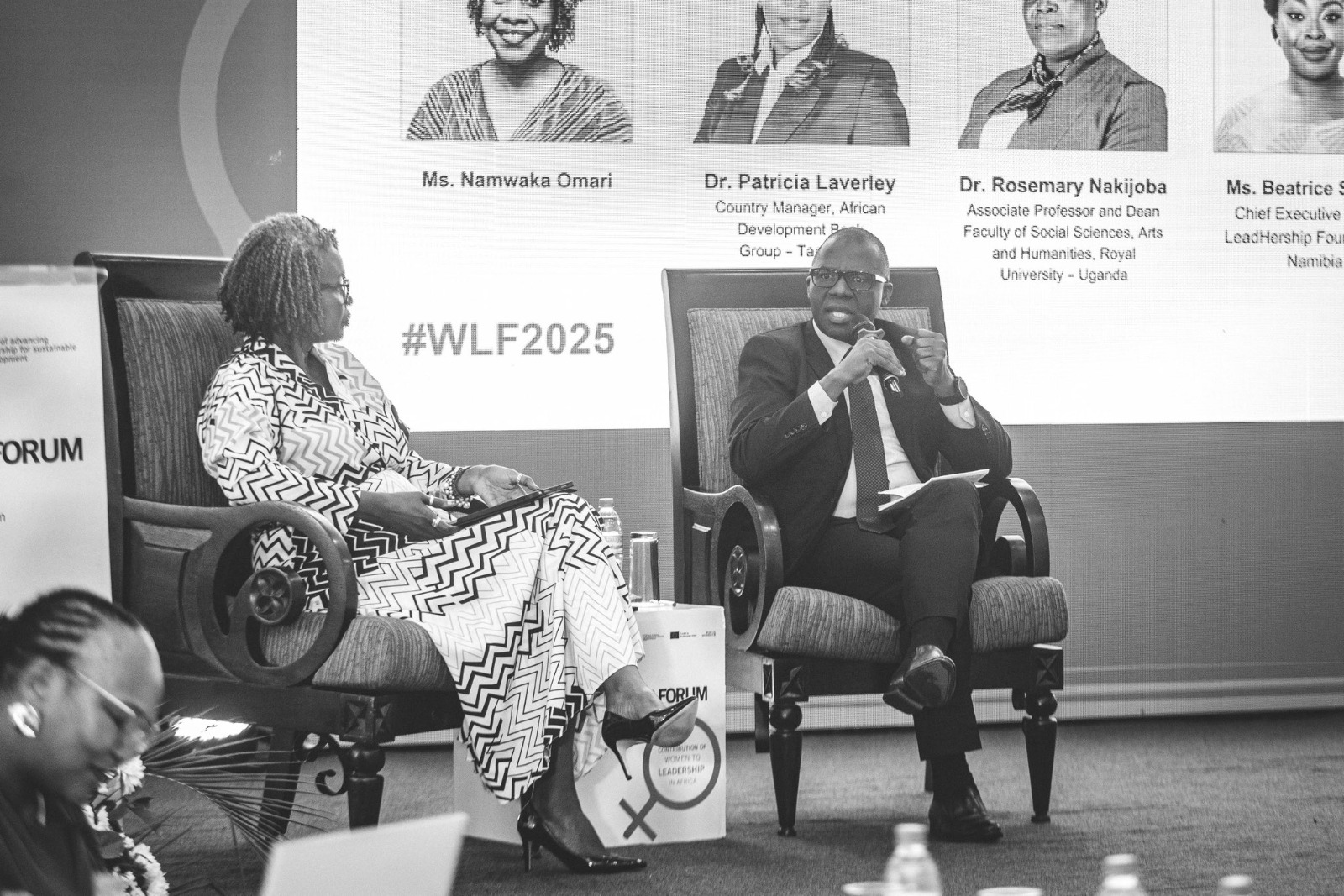
“Statistics show that currently, we only have 33 per cent of women holding major decision-making positions globally,” he warned, noting that at the current pace, it would take 130 years to achieve 50-50 representation.
The WLP’s effectiveness continues to be proven through internal studies, which show that alumni have significantly increased their confidence and gained crucial “working tools” for decision-makingm he said.
The six-month executive course is jointly supported by the governments of Tanzania and Finland, the European Union, and, for the first time this year, the prestigious Yale University in the United States, bolstering the programme’s international reach and curriculum quality.
Reflecting on the success of past forums, he noted that a study confirmed participants significantly increased their understanding of leadership issues and experienced a boost in confidence and self-belief.
Speaking virtually from South Africa, a keynote speaker the CEO of the Nelson Mandela Children’s Fund Dr Linda Ncube-Nkomo, underscored the necessity of women’s leadership for both societal and business success.
She positioned the drive for gender equality not merely as a human right, but as a core developmental imperative, critical for achieving several Sustainable Development Goals (SDGs) and ensuring the prosperity of African families.
Dr. Ncube-Nkomo then pivoted to the undeniable business case for diversity. She highlighted that maximizing women’s talent is a strategic imperative for any competitive organization.
Research shows that diverse leadership enhances creativity, broadens perspectives, and drives better financial returns for shareholders, she said.
“A McKinsey study found that companies with greater gender diversity at its executive level are 25 per cent more likely to achieve above average profitability,” she stated, providing clear evidence that diversity is a competitive advantage for everyone.
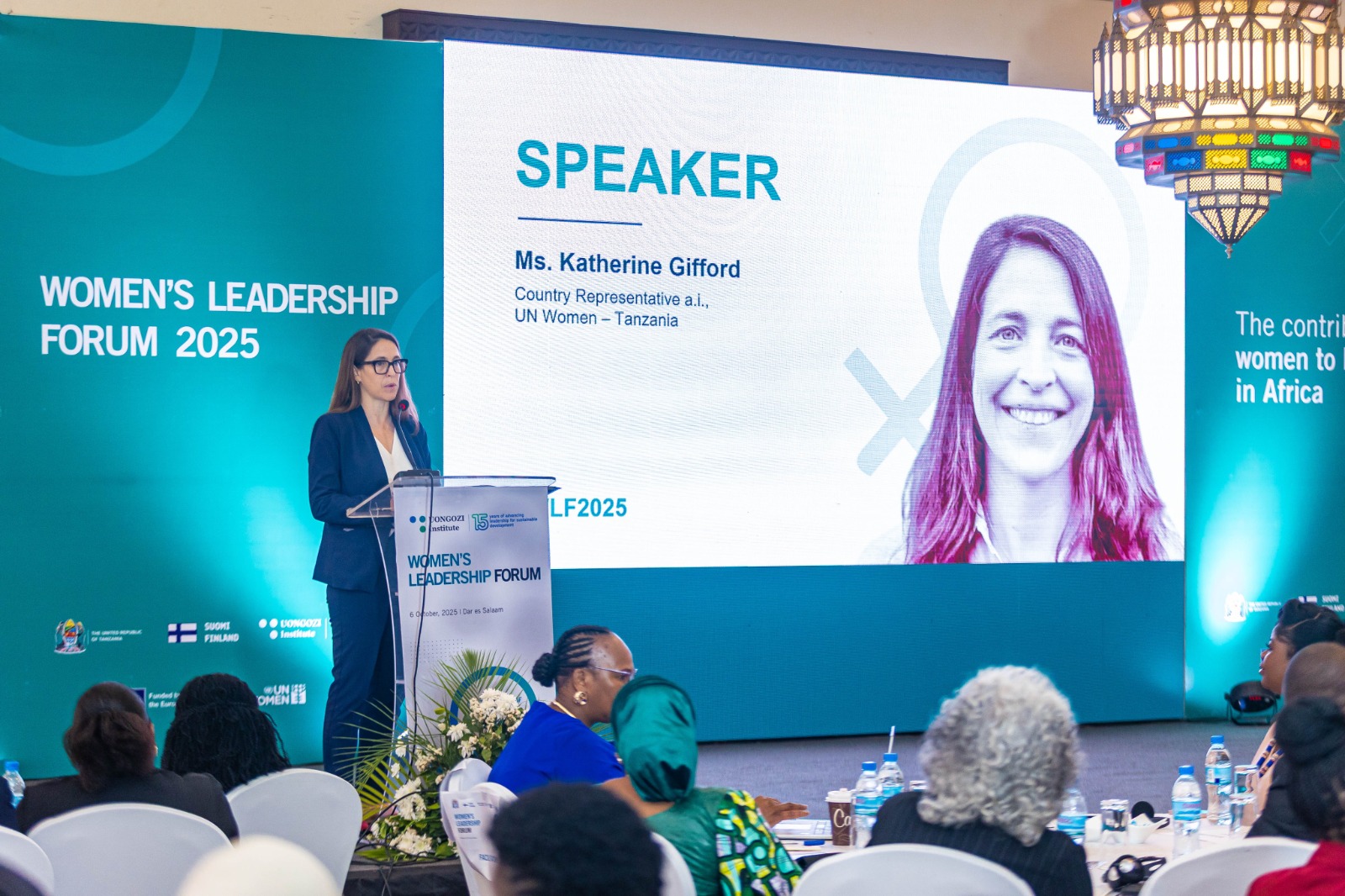
However, she tempered the optimism with a reality check on corporate progress, noting that African women still hold only 37 per cent of senior positions and face significant barriers. These include cultural expectations, gender pay gaps, and a persistent “pipeline problem” that sees women disappear from the top echelons of management despite Africa’s political progress, such as Rwanda’s world-leading 61 per cent female parliament.
In her powerful conclusion, Dr. Ncube-Nkomo urged leaders to collectively dismantle patriarchal systems and called on governments of African countries to enact equal representation policies and for organizational leaders to treat women’s issues as a strategic objective.
She implored the women in the room to lead with the spirit of Ubuntu—emphasizing courage, empathy, and service—and to “never wait for permission” to lead.


